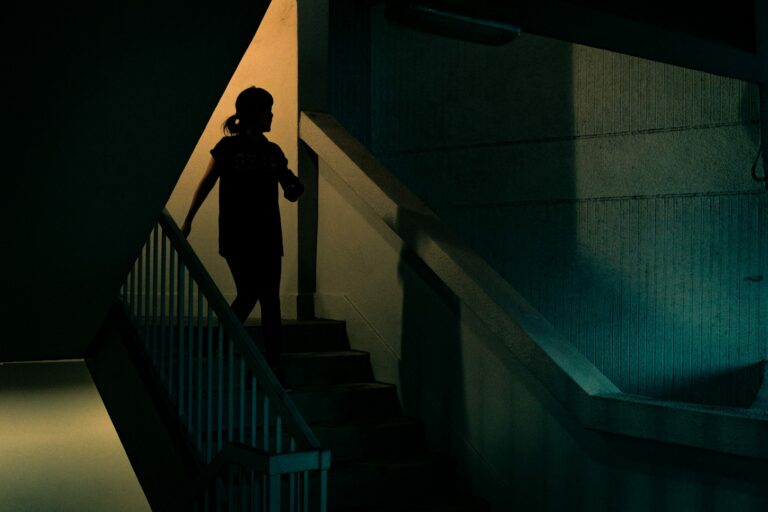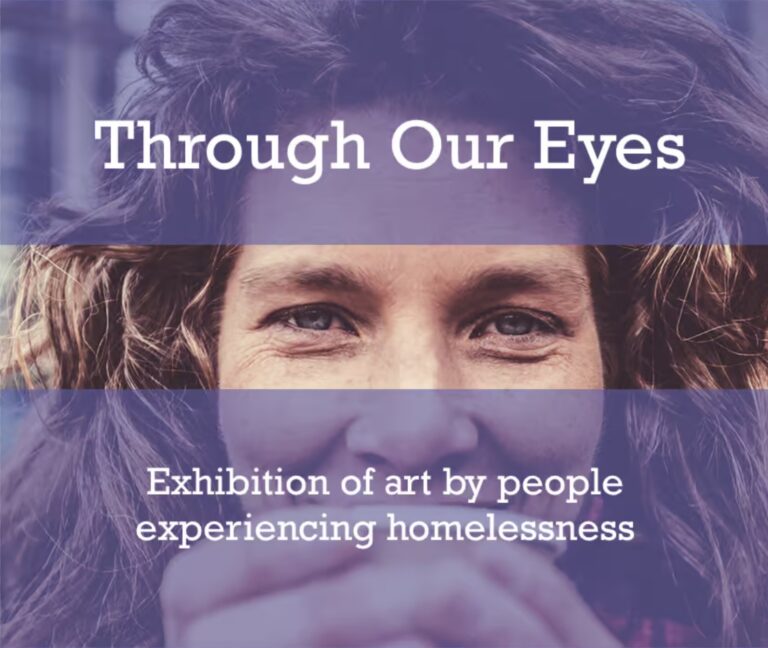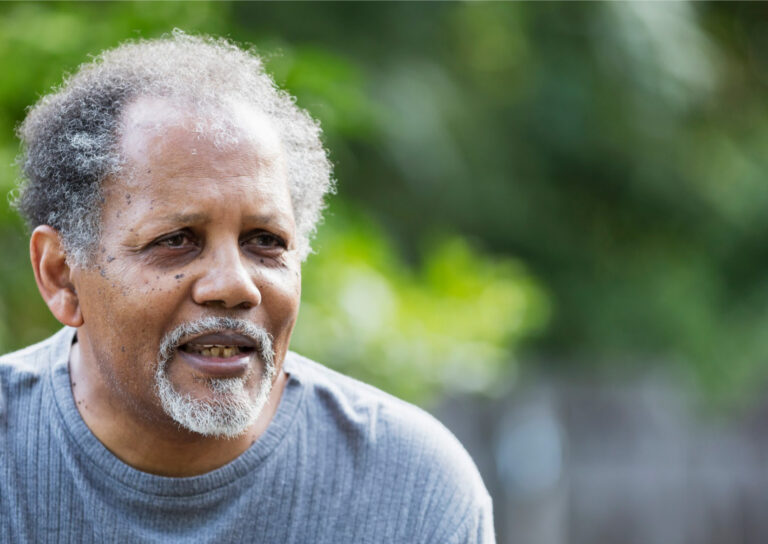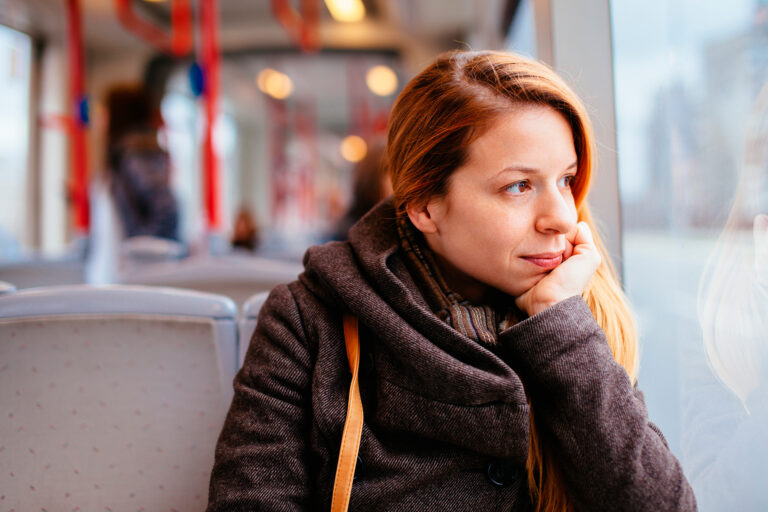Recently we spotted a great story about three survivors of domestic abuse who began a furniture project to provide women with furnishings who might have lost their possessions as a result of fleeing a violent home.
These women turned their horrific experiences into something positive to help others. This resonates with us and our belief that it’s possible for everyone to move on, in a way that’s personal to them. Moving on doesn’t mean forgetting, but it does mean coping. There is a link between domestic abuse and homelessness among women. It’s that simple.
Therefore, it might not be surprising that throughout the time of lockdown, visits to the Refuge website rose by 950%. The volume of calls to its helpline increased by two thirds. [1] As of 3rd July this year, 61 women had been killed in the UK in 2020 as a result of domestic abuse.[2]
For some women, leaving an abusive home means living without a home – a life or death decision.
But what next?
One of the main challenges that women fleeing domestic abuse face is the ‘vulnerability test’. This a test that some local authorities use to decide who can access accommodation and who can’t. Some women aren’t seen to be more vulnerable than others seeking accommodation because they technically still have a ‘home’… even if it’s an abusive one.

However, in more positive news, in May 2020, Housing Secretary Robert Jenrick, said that domestic abuse victims will get “priority need status”, to access local housing services under the Domestic Abuse Bill.[3] This should mean that people fleeing domestic abuse will have a better chance of accessing accommodation.
Currently, the Bill is making its way through the House of Lords before it becomes law and will be life-changing for many women.
Homeless Oxfordshire’s Women’s Only Project
Homeless Oxfordshire provides housing-related support. Through our accommodation, our focus is on ensuring people have a safe space to recover from homelessness and build their capability to move on and live independently. This is particularly important for the clients that live in our Women Only House. This is not a refuge but does accommodate women who may have experienced domestic abuse and we fully support this government bill.
Through experience, we find that women who have faced domestic abuse find it easier to talk to women than men, which is why we try to ensure that the women we help in our Women’s’ Project are allocated a female key worker. We also encourage the women in our project to develop their own programmes of activities.
Claire, one of our Housing Resettlement Workers said:
“All of the clients from the Women’s project have experienced Domestic Violence at some point in their lives. Part of what we try to do is support them in their recovery away from Domestic Violence and to build their self-esteem, confidence and self-worth, working towards autonomy and self-empowerment. We also encourage them to link to relevant services. This will only work when they are ready, but working with them within our project hopefully eases the way for them to link to specialised support.”
Lucy, resident in our Women’s’ Project said:
“Jenny’s on hand every day. I feel like she doesn’t judge. She knows what I struggle with, I can be completely honest with her. She knows my weaknesses, she knows what I can do to help myself. She just understands. It’s so good to have her as a constant presence”.

The challenges that the women in our Women’s Project have faced
Domestic violence causes long‐lasting emotional and physical health problems. [4] The women we accommodate and support have complex needs ranging from: family and relationship breakdown, offending behaviour, bereavement, substance misuse, sexual exploitation, domestic violence, childhood trauma and/or self-harm. This isn’t an exhaustive list and there are many other factors that can cause barriers to someone’s recovery. We work closely with these women to help them develop strategies for coping, including managing anxiety.
The challenges for us
For us, the problem isn’t about deciding which women are ‘priority need’, all our clients are a priority. The main challenge for us is to ensure that we continue to attract donations and funding so that we can carry on offering our vital services.
This is why we were delighted to receive £1000 from the Police Property Act Fund which helps us to provide a holistic trauma-informed approach. It means we can structure care plans that are tailored to the individual. We depend on funding such as this to continue our work. Hear from our CEO, Claire Dowan here.
To find out more about our Women’s Project, please get in touch with us at info@homelessoxfordshire.uk
Find out about two of the women we have helped by clicking here.
If you need to speak to someone about domestic abuse, there are many resources available:
- Police:
Domestic abuse or violence is a crime and should be reported to the police. If it is an emergency, call 999 or Contact your local neighbourhood policing team if it’s not an emergency. - National Domestic Abuse Helpline (freephone):
Run by Refuge: 0808 200 0247 - Boots Pharmacy consultation rooms
These offer a safe space for victims of domestic abuse.
[2] https://kareningalasmith.com/
[4]https://www.cochranelibrary.com/cdsr/doi/10.1002/14651858.CD013017.pub2/full











